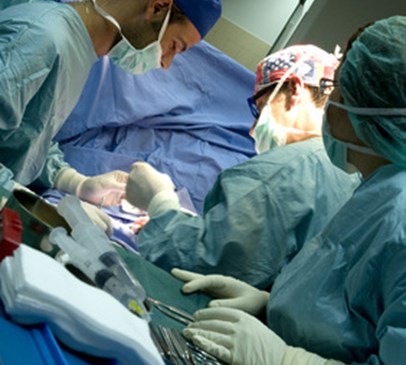The independent report compiled by the Trauma Audit and Research Network (TARN) also highlighted that patients spent fewer days in hospital and had improved quality of life after receiving critical care.
This positive news shows the significant impact the centres have had since their creation in 2012.
Peter McCabe, Chief Executive of Headway, said: “These results are very impressive and the development of MTCs would appear to be having the desired effect.
“Headway was founded in 1979 on the back of advances in neurosurgical techniques that meant more people were surviving serious head injuries. Sadly, these advances at the time were not matched by the provision of expert community-based rehabilitation services and Headway was formed to try to fill the void by supporting families and individuals affected.
“There are some obvious parallels as we now approach our 40th anniversary. Too many brain injury survivors are failing to access the help and support they need to rebuild their lives having had them saved by first-class trauma care. With more people than ever before surviving head and brain injuries, an overhaul is urgently needed in the way community-based neurological rehabilitation is delivered.
“It is imperative that while we acknowledge the excellent improvements MTCs are having at the acute stage of care, we do not lose sight of the fact that a life worth saving should be a life worth living.”
Find out more
Read more on the University of Manchester website.
Back









